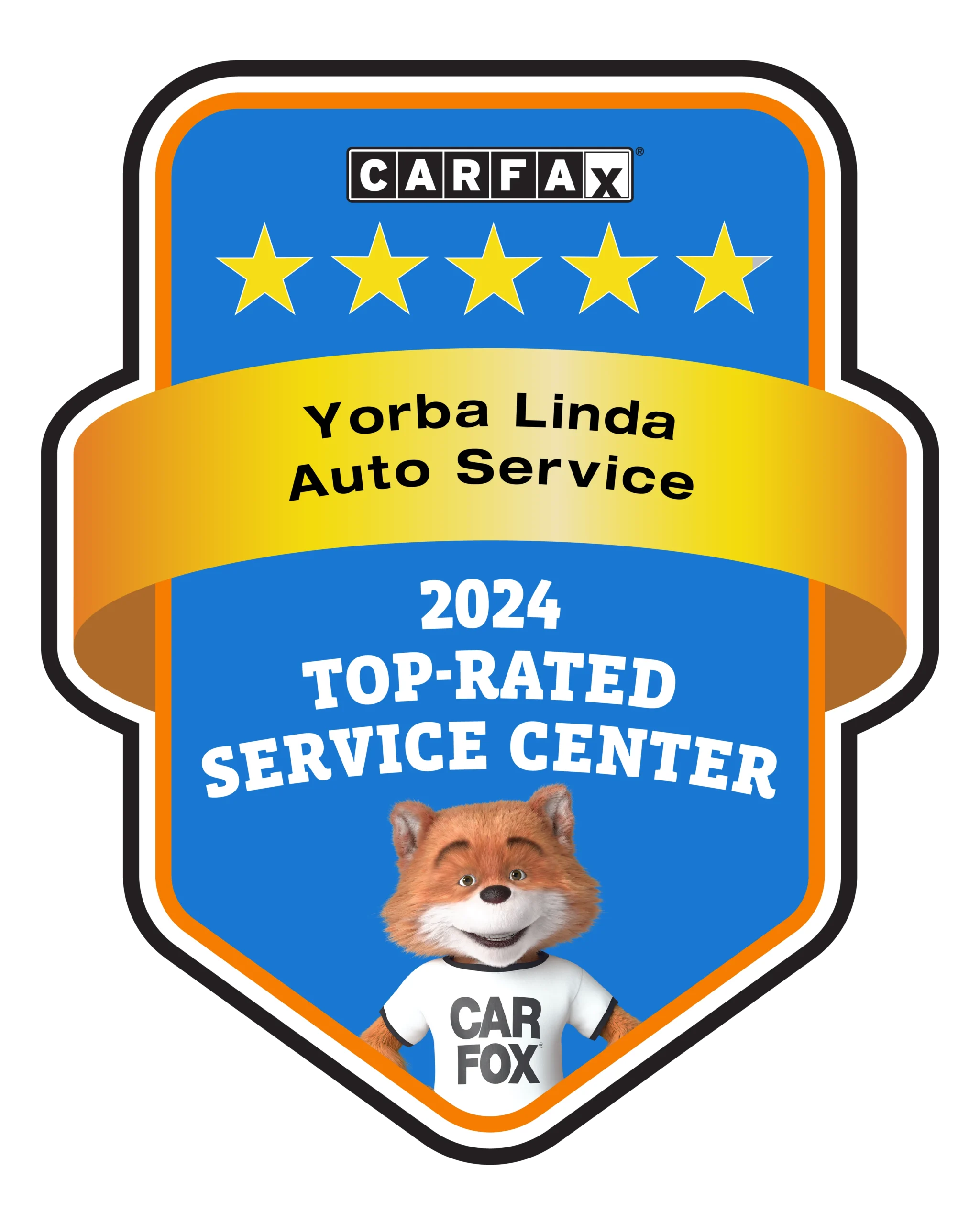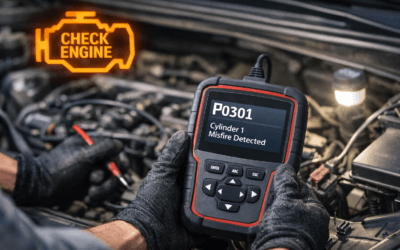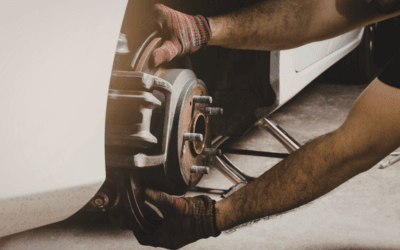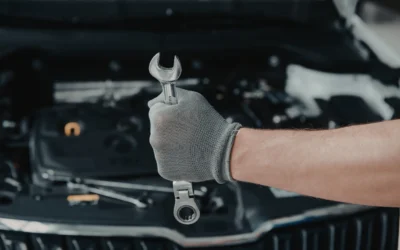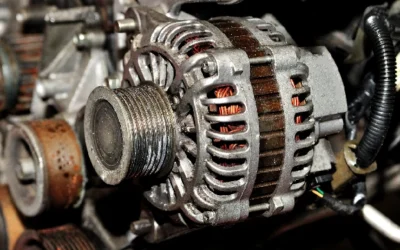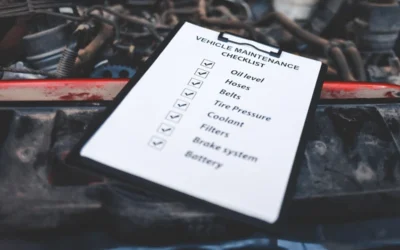When it comes to vehicle maintenance, air filters play a crucial role in ensuring both the performance of your engine and the comfort of your driving experience. Two important types of air filters in your vehicle are cabin air filters and engine air filters. Although they both serve to filter air, their functions, locations, and impacts on vehicle performance differ significantly. Understanding these differences can help you maintain optimal performance and comfort. In this article, we’ll explore the five key differences between cabin air filters and engine air filters.
Cabin Air Filters and Engine Air Filters
1. Function and Purpose
Cabin Air Filters
The primary function of a cabin air filter is to clean the air that enters the interior of your vehicle through the heating, ventilation, and air conditioning (HVAC) system. This filter traps dust, pollen, and other airborne particles, ensuring that the air you breathe inside your car is clean and free from allergens. By doing so, cabin air filters enhance passenger comfort, especially for those with allergies or respiratory issues.
Engine Air Filters
Engine air filters, on the other hand, are designed to protect the engine by filtering out dirt, debris, and contaminants from the air before it enters the engine’s combustion chambers. Clean air is essential for optimal engine performance, fuel efficiency, and longevity. An engine air filter helps maintain the engine’s health by preventing harmful particles from causing wear and tear on internal components.
2. Location and Accessibility
Cabin Air Filters
Cabin air filters are typically located behind the glove compartment or under the dashboard. The exact location can vary depending on the make and model of your vehicle. Accessing and replacing a cabin air filter usually involves removing the glove compartment or a panel. While this task might be relatively straightforward for some vehicles, it can be more challenging for others, requiring professional assistance or a bit of patience.
Engine Air Filters
Engine air filters are generally found within the engine bay, often housed in an air filter box or housing. They are usually more accessible than cabin air filters, with a straightforward replacement process involving unclipping or unscrewing the filter cover. Regular maintenance of the engine air filter is essential, as it directly impacts engine performance and efficiency.
3. Maintenance and Replacement Intervals
Cabin Air Filters
Cabin air filters should be inspected and replaced periodically, typically every 12,000 to 15,000 miles or once a year, depending on driving conditions and vehicle manufacturer recommendations. If you frequently drive in dusty or pollen-heavy environments, you may need to replace the filter more often. A clogged cabin air filter can reduce the effectiveness of your HVAC system and decrease air quality inside the vehicle.
Engine Air Filters
Engine air filters also require regular maintenance, but the replacement interval can vary widely depending on driving conditions and vehicle usage. On average, engine air filters should be replaced every 15,000 to 30,000 miles. However, if you drive in severe conditions, such as off-road or in areas with high dust levels, more frequent replacement might be necessary. A clean engine air filter ensures efficient engine operation and can help avoid costly repairs due to engine damage from debris.
4. Impact on Vehicle Performance
Cabin Air Filters
While cabin air filters primarily affect passenger comfort, they can indirectly influence vehicle performance. A clogged cabin air filter can reduce airflow through the HVAC system, causing the air conditioning or heating system to work harder and less efficiently. This could lead to increased strain on the system and potentially affect overall vehicle performance.
Engine Air Filters
Engine air filters have a direct impact on vehicle performance. A clean engine air filter ensures that the engine receives a proper air-fuel mixture, which is essential for efficient combustion and power output. A clogged or dirty engine air filter can lead to reduced engine performance, decreased fuel efficiency, and increased emissions. Regularly maintaining the engine air filter helps ensure that your vehicle runs smoothly and efficiently.
5. Effect on Fuel Efficiency
Cabin Air Filters
Although cabin air filters don’t have a direct effect on fuel efficiency, their impact on the HVAC system can indirectly influence fuel consumption. A clogged cabin air filter can cause the HVAC system to work harder, which might lead to a slight increase in fuel usage, especially if the system is used frequently. However, this effect is generally minimal compared to the impact of engine air filters.
Engine Air Filters
Engine air filters have a significant impact on fuel efficiency. A clean engine air filter allows for proper air flow into the engine, which helps maintain an optimal air-fuel ratio. When the filter is clogged, the engine has to work harder to draw in air, which can result in increased fuel consumption. Regularly replacing the engine air filter can improve fuel efficiency and reduce overall driving costs.
Schedule Your Appointment Today!
Understanding the key differences between cabin air filters and engine air filters is essential for maintaining both the comfort and performance of your vehicle. While cabin air filters focus on improving air quality inside the vehicle, engine air filters play a crucial role in protecting and optimizing engine performance. Regular maintenance and timely replacement of both types of filters are crucial for ensuring a smooth and efficient driving experience. By investing in proper air filter care, you can unlock optimal performance and comfort for your vehicle, making every journey more enjoyable and trouble-free.
With Spring almost here and the number of particles in the air increasing, it is the perfect time to bring your vehicle to our shop. Our team will carefully examine both of your filters to make sure any harmful contaminants don’t reach your engine or cabin. Yorba Linda Auto Service is conveniently located at 801 S Lakeview Avenue, Unit G, Placentia, CA 92870. Schedule an appointment with us for service.

